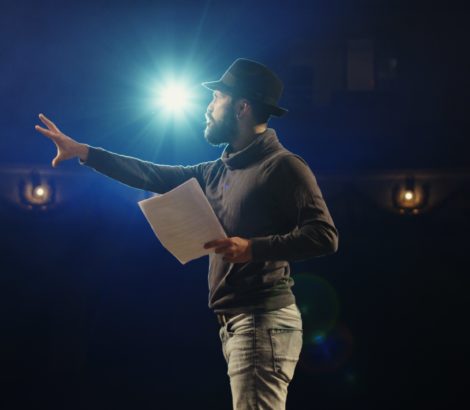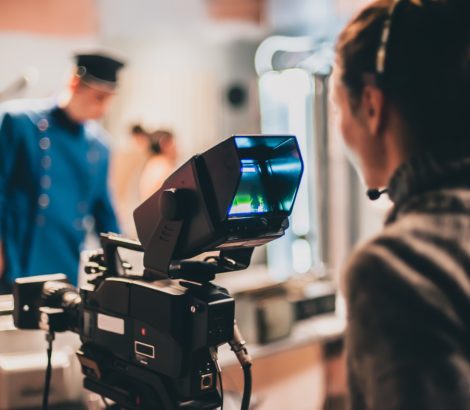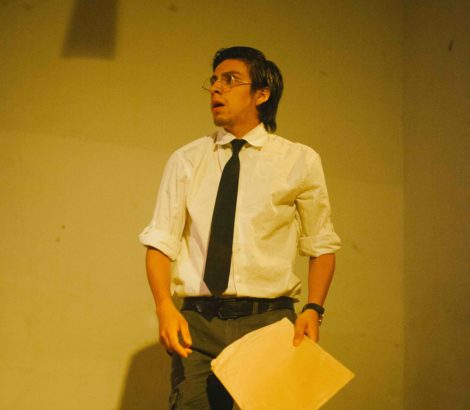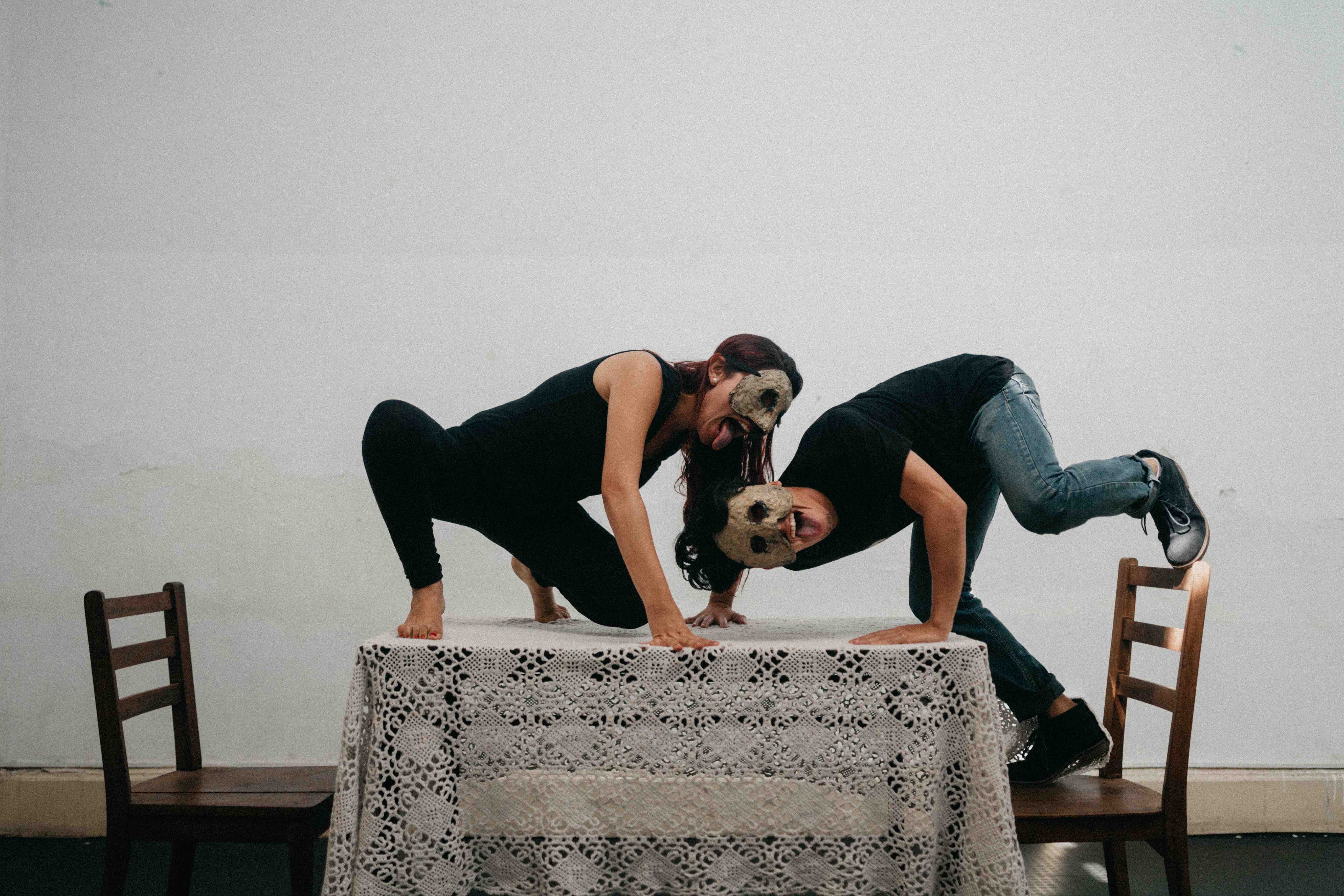The Meisner Repetition may be able to help you in ways you haven’t thought of yet.
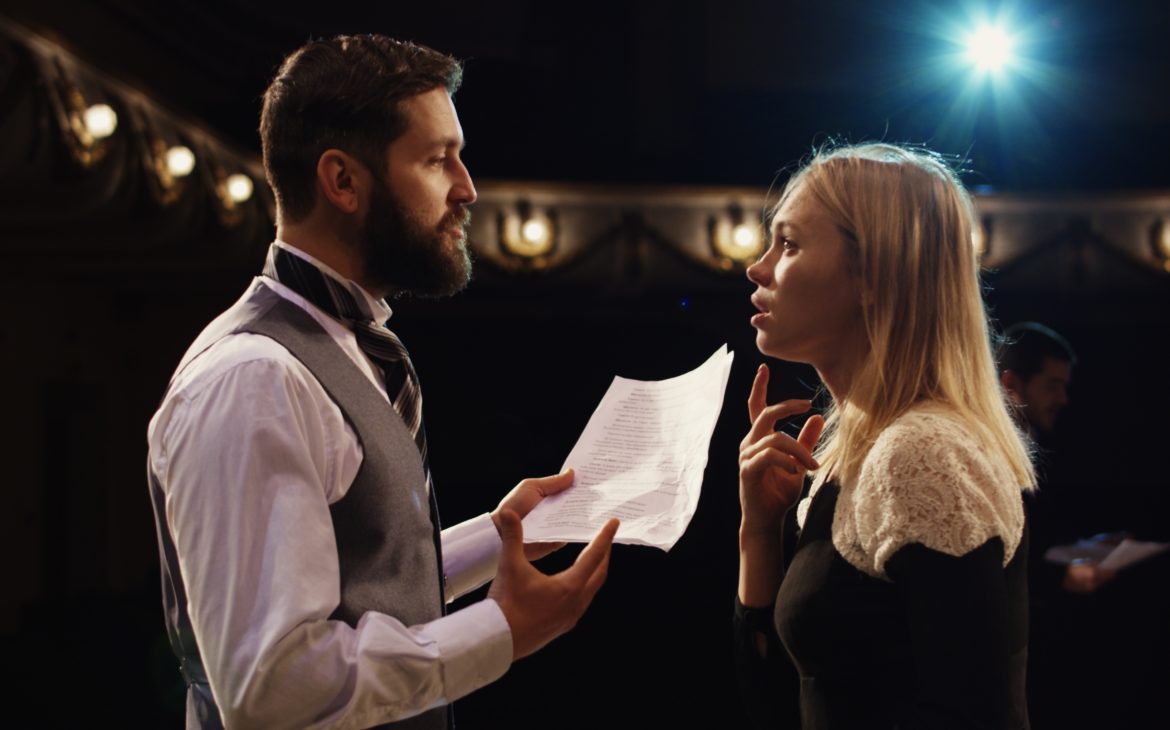
Sanford Meisner defined acting as living truthfully under imaginary circumstances. In other words, to be real in a fake situation. The Meisner Repetition, the foundation of The Meisner Technique, teaches actors to actively listen, behave truthfully in relationships with their scene partners, and to respond from instinct. Working this way is about getting actors out of their heads and into their bodies. It teaches actors how to allow themselves to be affected by others in the most personal way, making way for vulnerability, a key ingredient to any meaningful performance. The repetition exercise helps actors give themselves permission to respond truthfully by revealing how they are really feeling in a situation.
This is why I’m a fan of the Meisner Repetition. I believe it is the bedrock of moment-to-moment work. For those with a basic grasp on what it is but might not completely get how it can enhance your acting, check out these 8 ways your work can benefit from giving it a try, or trying it again.
1: You will get better at reading behavior.
It’s important to remember that it’s not about the words. It’s never about the words. How is your partner’s behavior affecting you? What are they doing? Don’t be afraid to speak to their behavior, literally call it out. “You’re walking away, you’re staring at me, you’re fidgeting, your arms are crossed.” Remember, it’s not just about being able to identify their behavior, it’s about being affected by their behavior. What are they doing to you emotionally with their behavior?
2: You will learn how to get your performance off your partner.
You can say a line of dialogue a thousand different ways. Working moment-to-moment means we say the line of dialogue based on what just happened in the moment before, what our partner just did to us emotionally. If you’re really working in the moment, you can’t just say a line the way you rehearsed it. You have to say it based on how you’re feeling because of the moment before, and use it to get what you want or need in the next moment. If you can trust the moment enough, your partner actually gives you your performance. Your job is to be emotionally prepared on the imaginary circumstances, be fully invested in the relationship with your partner, be affected by them, and fight for what you (the character) wants in the scene.
3: You will gain awareness about how others view you.
This is a great benefit because you might not think of yourself of having certain attributes, but if others are repeatedly seeing something in you, you might want to take a closer look into playing characters with those attributes. It’s really important to have an accurate and strong sense of self. You might think of yourself as a dangerous leading man, but others may see your innocence, or naivety, or quirkiness — food for thought.
4: You will get better at identifying and trusting impulses.
Sometimes when I’m teaching, I’ll blurt out something like “You wanted to go to her? Why didn’t you?!” I can see on an actor’s body that they want to do something and even when they admit that it was true, they can’t seem to tell me what it was that stopped them from following through with their impulse. Give yourself permission to behave. If you’re really invested in your partner, everything they do will make you want to go toward them, or get farther away from them. You either like or don’t like what’s happening and your body knows which one it is. The repetition exercise is to get you out of your head and into your body. If your body wants to touch your partner’s hand, or embrace them, take a chance. If you get rejected – that’s okay! You have to be willing to suffer the consequences if they want something else. That’s what conflict is – and conflict is drama! I’m not suggesting you go in looking for a fight just to get to conflict. Let the conflict arise organically from the relationship.
5: You will get familiar with your own emotional triggers.
I wish I could remember where I read this (I’m paraphrasing) “Every actor ought to know what turns them on and what makes them want to jump off a bridge.” The repetition exercise helps you get clear about what triggers you. What makes you angry? What embarrasses you? What (or who) makes you feel small? Different people affect us in different ways. The repetition is a great place to get to know what triggers certain emotional life for you. These things are necessary for actors if they want to bring truthful emotion to their work.
6: You will get better at using behavior to communicate.
Before doing a scene, you’ve (hopefully) made some choices including what your intention is, what you want from your scene partner (the other character). During the scene, your job is to behave in order to get what you want. The repetition exercise, as I said before, helps you read behavior. This is your way of knowing whether your behavior is working or not, whether it’s helping you get what you want from your partner. The intention might stay the same throughout the scene, but your tactic – how you are going to get what you want – will change based on your partner’s behavior. Is begging working? How about manipulation? How about anger? Let your partner’s behavior lead you to the next moment.
7: You will learn active listening.
Listening isn’t just about hearing words. We listen with our bodies too, and with our intuition. If my husband says “I love you too” but his arms are crossed, it may be true that he loves me, but I also may pick up on the fact that he’s a little guarded, maybe because he’s angry or his feelings are hurt. In relationships, we get a lot more information than just from the words that are said to us. Body language and emotional life speak loudly, we must listen. Also, part of listening is watching our partner to see if we’re being heard or not.
8: You will get a better understanding of Public Solitude
If you’re an actor, I recommend you get familiar with this term. It’s a Stanislavski term that refer’s the the actor’s ability to appear private in public. I’ve filmed scenes before playing an angsty teenage girl contemplating herself in the mirror. I’ve had to allow myself to let the character have a truly private moment even though my actor-self knew there was a full crew standing around watching. In scenes, we have to give ourselves permission to have a truthful, private conversation with the other characters, and forget that we’re being watched by the class, or the audience, or the film crew. Honor that fourth wall. The repetition exercise is a great place to practice this.


